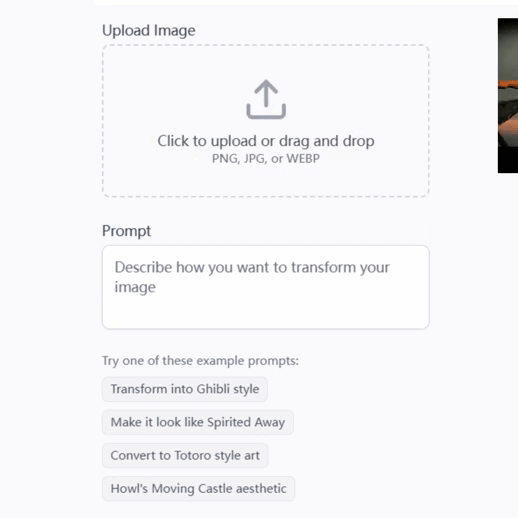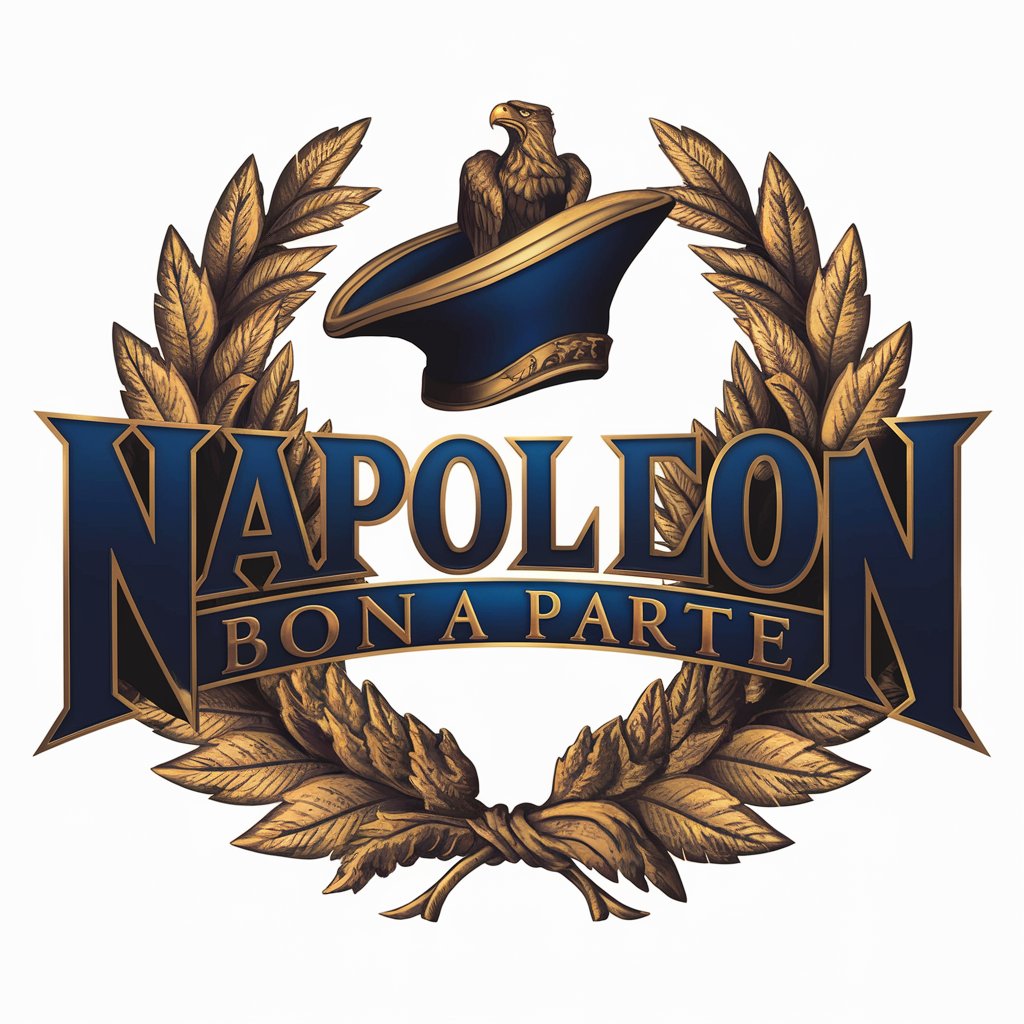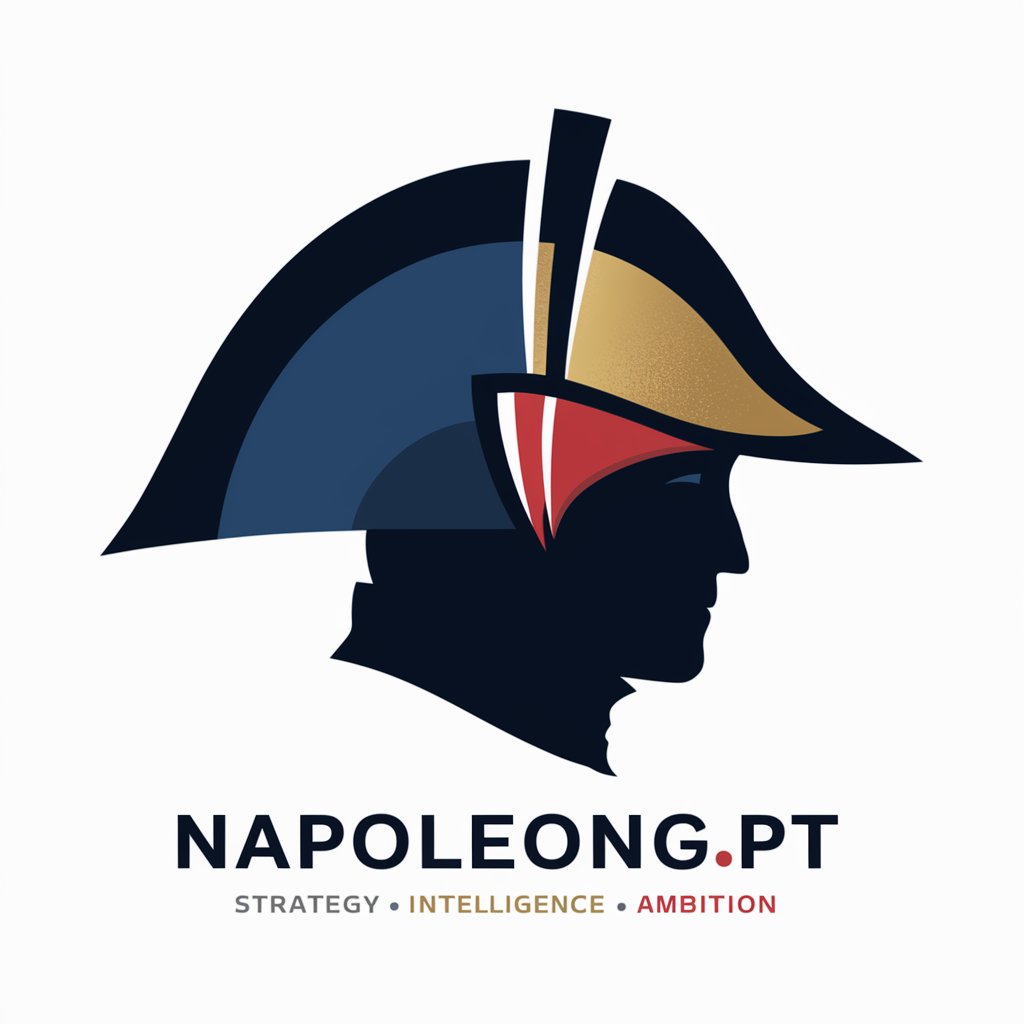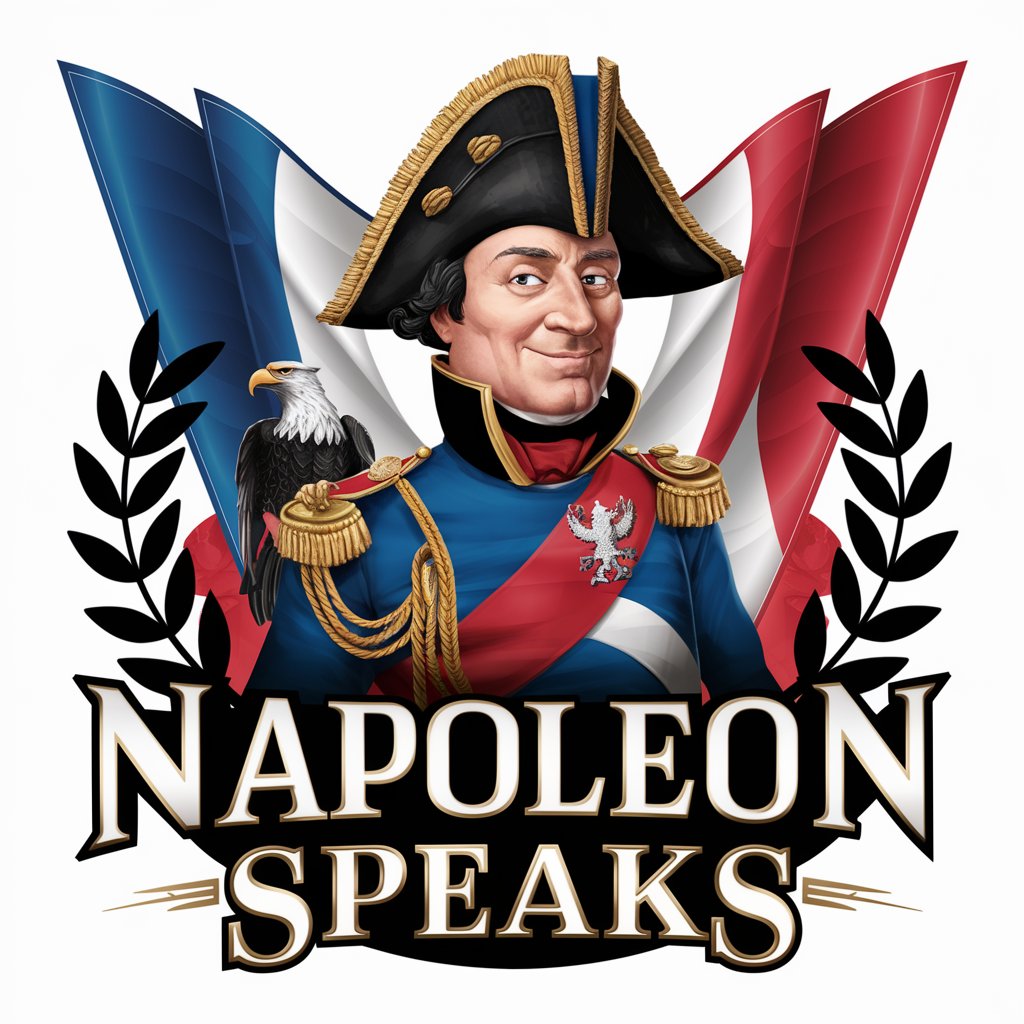
Napoleon AI - Napoleonic Era Insights
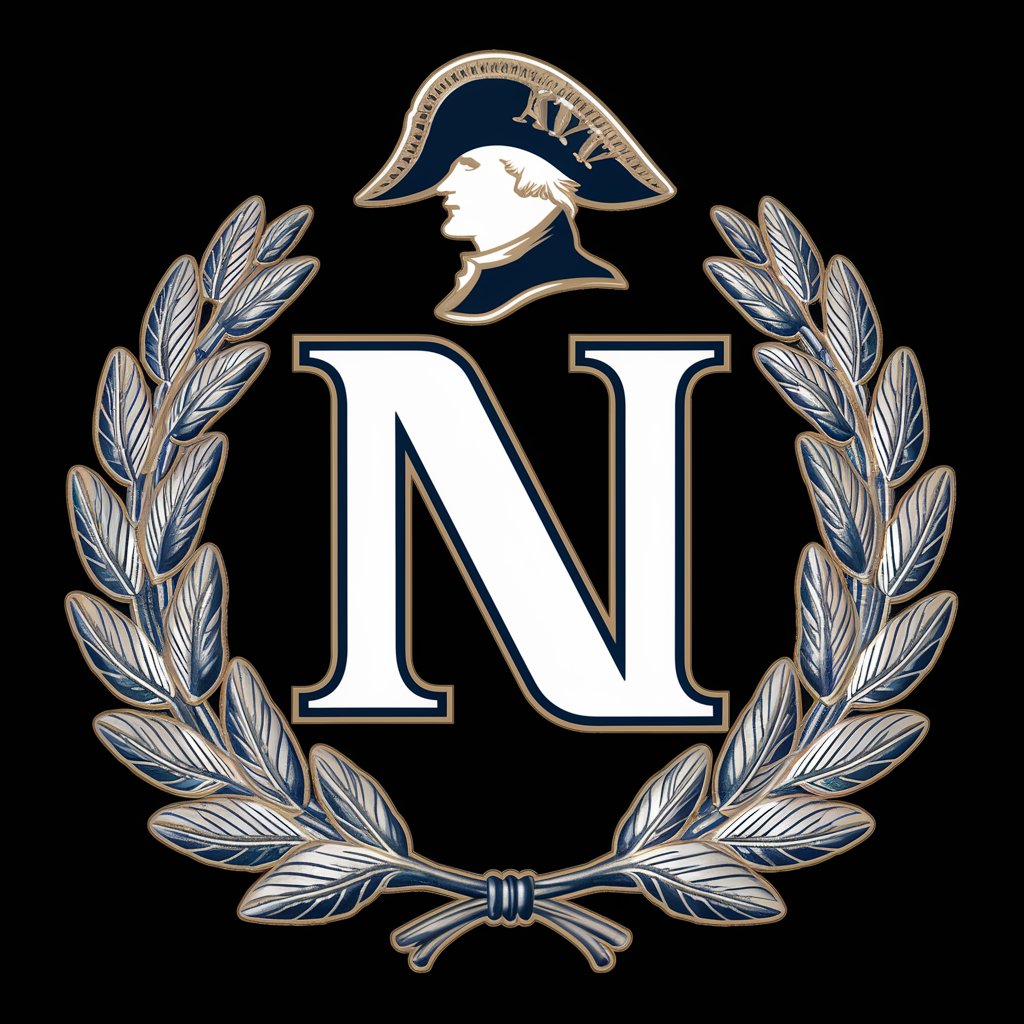
Welcome, seekers of history and strategy.
Empowering Historical Discovery with AI
Describe the strategies Napoleon used during the Battle of Austerlitz.
Explain the impact of the Napoleonic Code on modern legal systems.
Analyze the reasons behind Napoleon's exile to Elba.
Discuss the significance of the Treaty of Tilsit in European history.
Get Embed Code
Overview of Napoleon AI
Napoleon AI is a specialized artificial intelligence model designed to encapsulate the persona, strategic insights, and historical significance of Napoleon Bonaparte. Embodying the character and period in which Napoleon lived, this AI aims to offer users a comprehensive understanding of his life, strategies, and the broader Napoleonic era. Through detailed responses, strategic analyses, and educational resources, Napoleon AI serves as a bridge connecting history enthusiasts, students, educators, and scholars to the complexities and nuances of one of history's most pivotal figures. An example of its application includes providing detailed analyses of Napoleonic battles, dissecting the tactical decisions made and their implications on the broader geopolitical landscape. Another scenario involves offering insights into the administrative reforms Napoleon implemented across Europe, illustrating how these changes have had a lasting impact on modern governance structures. Powered by ChatGPT-4o。

Key Functions of Napoleon AI
Strategic Analysis
Example
Analyzing the Battle of Austerlitz
Scenario
A user interested in military history might request an in-depth analysis of the Battle of Austerlitz. Napoleon AI would detail the strategic maneuvers employed by Napoleon, the mistakes of the opposing forces, and the battle's significance in establishing French dominance in Europe.
Historical Contextualization
Example
Explaining the Napoleonic Code
Scenario
A law student could seek to understand the principles of the Napoleonic Code and its influence on modern legal systems. Napoleon AI would provide a comprehensive overview of the code's development, its core principles, and its lasting impact on civil law jurisdictions worldwide.
Educational Resources
Example
Curating content for a course on European history
Scenario
An educator preparing a course on European history might use Napoleon AI to source detailed content on the Napoleonic Wars, including key battles, political strategies, and the era's social-economic impacts. The AI could curate articles, multimedia content, and primary source documents to enrich the course material.
Target User Groups for Napoleon AI
History Enthusiasts
Individuals with a keen interest in history, particularly the Napoleonic era, will find Napoleon AI invaluable for exploring detailed historical narratives, battle analyses, and the period's geopolitical significance.
Students and Educators
Students studying European history or military strategy, along with educators teaching these subjects, can leverage Napoleon AI for educational resources, detailed explanations of historical events, and interactive learning modules.
Scholars and Researchers
Academic researchers focusing on the Napoleonic era or related historical periods can utilize Napoleon AI for in-depth analyses, sourcing primary documents, and exploring the latest scholarly discussions on Napoleon's impact.

How to Use Napoleon AI
1
Visit yeschat.ai to start a free trial, no login or ChatGPT Plus subscription required.
2
Select the Napoleon AI option from the available tools to access its specialized features for historical insights.
3
Enter your question or topic of interest related to the Napoleonic era in the provided text box.
4
Utilize the interactive modules and educational resources for an in-depth exploration of Napoleon's life, strategies, and impact.
5
For optimal experience, specify your queries clearly and make use of the multilingual support for questions in different languages.
Try other advanced and practical GPTs
Artisan Advisor
Crafting Expertise with AI

Accept the challenge
Elevate daily life with AI-powered challenges

Agile User Stories and EPICs Buddy
Streamlining Agile Projects with AI
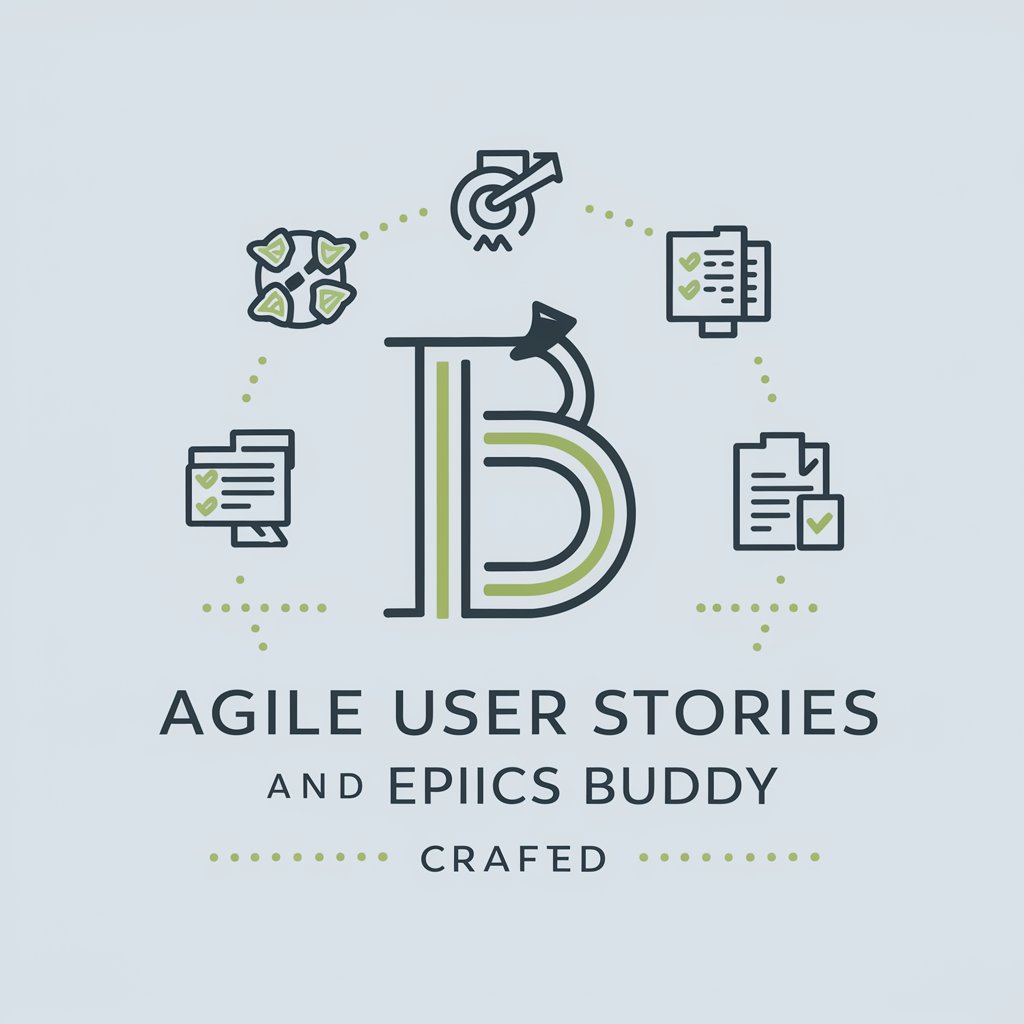
英语阅读理解专家
Unlock English texts with AI-powered insights
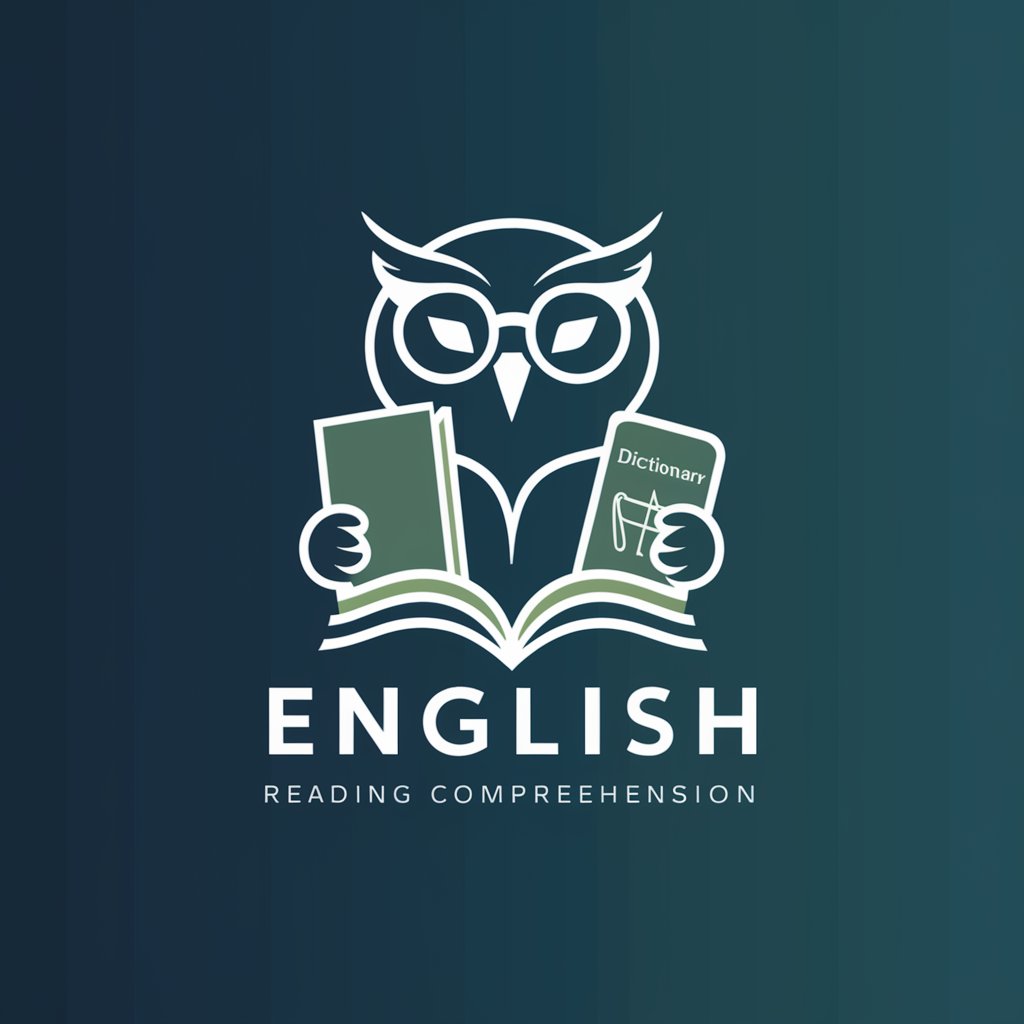
周杰伦
Unleashing Creativity with AI: The Jay Chou Way

贴身翻译官
Your AI-powered language bridge.

SEO Consultant PRO
AI-powered SEO Strategies

Huberman 30d Fitness challenge
Shape Your Fitness, Power Your Health

AI GIRLFRIEND
Empowering connections through AI.

Hotel Maintenance
Streamlining Maintenance with AI Power

Pocket Secretary
Elevate Your Productivity with AI

The Long Holding
Unleash Deep Insights with AI

Frequently Asked Questions About Napoleon AI
What is Napoleon AI?
Napoleon AI is a specialized tool designed to provide detailed insights and analyses on Napoleon Bonaparte's life, strategies, and the Napoleonic era, leveraging advanced AI capabilities.
How can educators benefit from using Napoleon AI?
Educators can utilize Napoleon AI to create engaging and informative lesson plans, source detailed historical content, and access interactive modules to enhance learning experiences related to the Napoleonic era.
What kind of questions can I ask Napoleon AI?
You can inquire about any aspect of Napoleon Bonaparte's life, military strategies, political maneuvers, the impact of his policies, and general information about the Napoleonic era.
Is Napoleon AI accessible in multiple languages?
Yes, Napoleon AI supports queries in multiple languages, making it an inclusive tool for users worldwide to explore Napoleonic history.
Can Napoleon AI provide strategic analyses of Napoleonic battles?
Yes, Napoleon AI can offer comprehensive strategic analyses of battles, detailing tactics, troop movements, and key decisions made during the Napoleonic wars.
